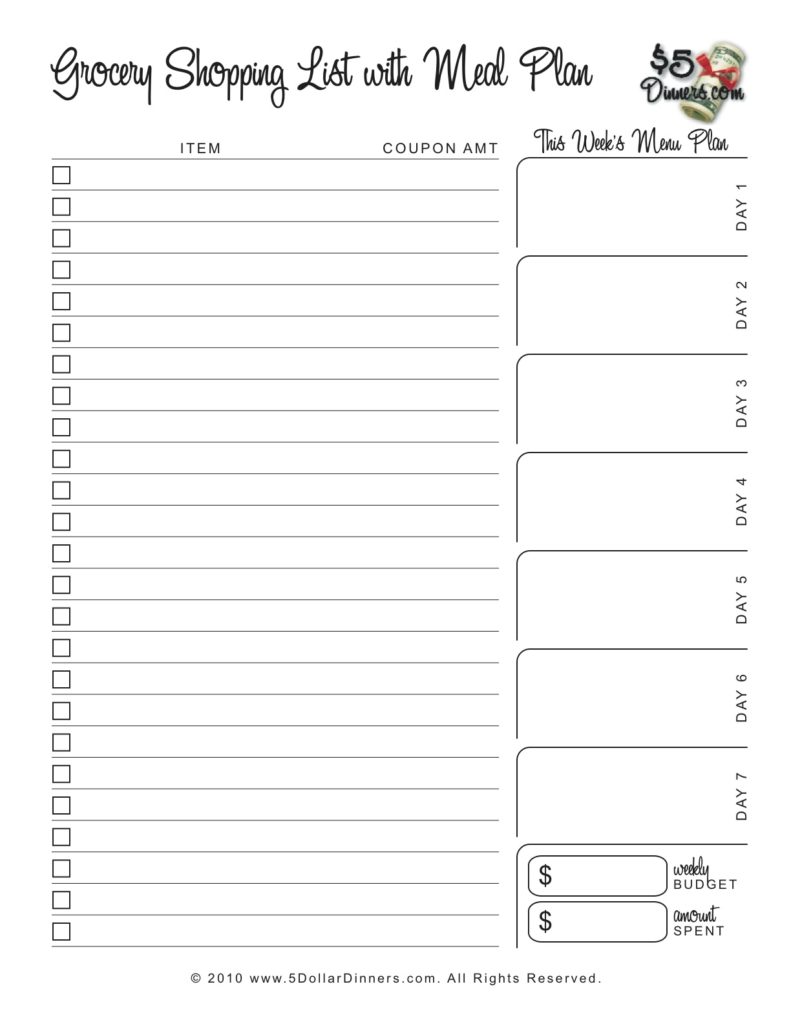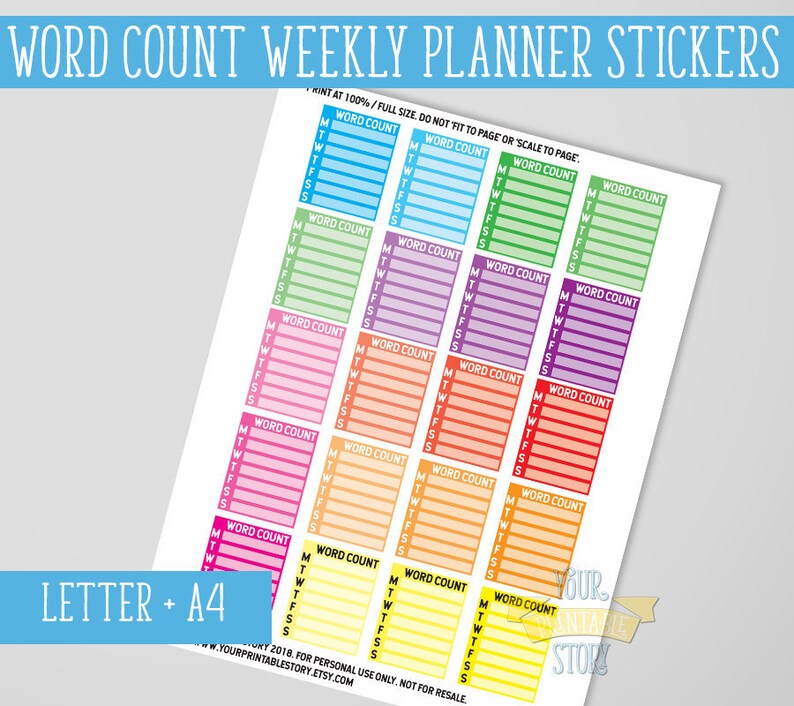

The Wall Street Journal has a useful graphic (subscription required) that explains how these ads tend to work. Of the 20 weather apps we looked at, 17 of them indicated on their label that they gathered data to track devices for the purpose of advertising, and 14 of those used location information to track devices.Įven without your contact info, the data your app activity generates is tracked by a device ID, a unique identifier (that is, an “identifier for advertisers,” or IDFA for short) that makes it easy for third parties to track you through other apps, services, and websites. And if you see “Contact Info” listed as data an app can collect, that can include your name, address, phone number, email address, and “Any other information that can be used to contact the user outside the app.” Advertising companies often defend the practice by noting that the information collected is typically tied to a unique number, not a person, but it’s often trivial to link a device to a person. Apple’s definition of tracking refers to any data collected in an app about a person or a device (your iPhone or iPad) that is linked to data collected by another party, such as a data broker or advertising network. Nearly two-thirds of the apps we looked at indicated the collection of some types of data under Data Used to Track You. (Though if you’d prefer to skip straight to the how-to portion for disabling all of these prompts, see our instructions.) Data Used to Track You

#20 week garden tracker how to
To really understand how your privacy is affected by these new tracking-request pop-ups and how to deal with each one thoughtfully, you’ll need to understand the labels. This labeling gets complicated quickly, and the same type of data can appear in multiple categories. Data Not Linked to You that the company generally aggregates into larger statisticsĮach category lists any of the 14 different types of data that the app collects and uses, as self-reported by the app’s developer.Data Linked to You (and your real identity) that is collected by the app and company but not shared.


When you open apps for the first time after Apple’s latest system update, you’ll get a pop-up asking to “track your activity,” and your approval will give permission for developers to link information about you to an advertising profile that can track you across apps (and across the web).
#20 week garden tracker update
When millions of iPhones update to iOS 14.5 in the coming weeks, it will become much more obvious that many of the most common apps-including weather trackers, dating apps, and games-are advertising-data tools as much as they are anything else.


 0 kommentar(er)
0 kommentar(er)
